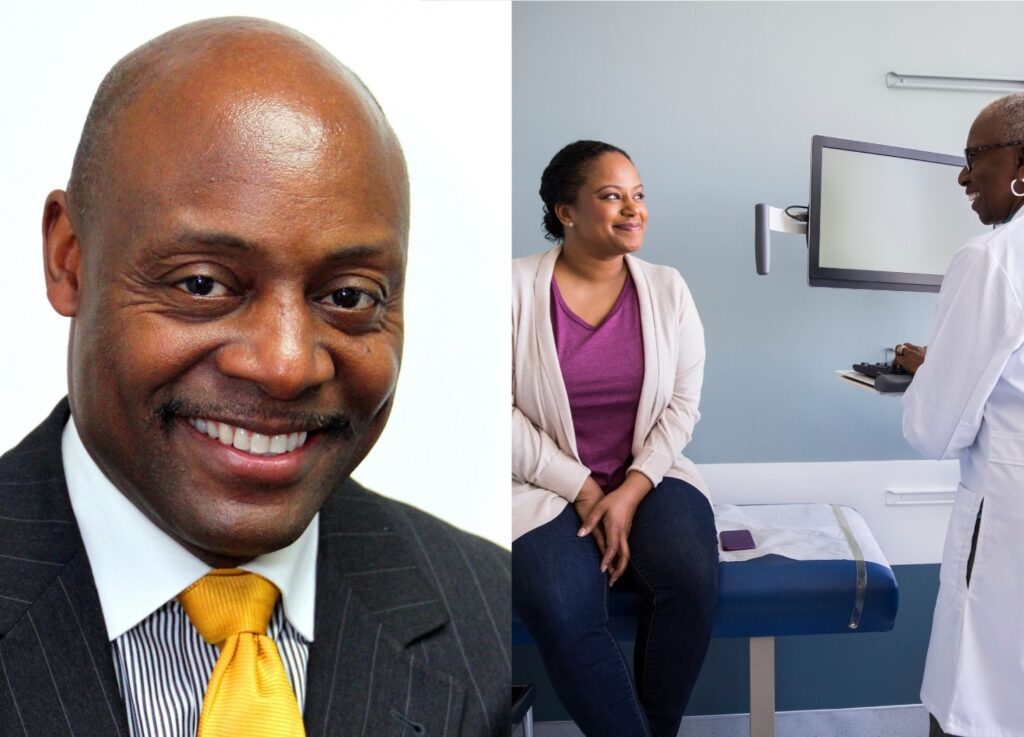
Reaching Black people on major issues starts with going where they are. Historically, Black churches have been a resource and refuge in their communities, and they’re helping to build trust with clinical trials.
The National Black Church Initiative (NBCI), a coalition of 150,000 churches, has been the driving force behind the National Clinical Trial Strategic Plan to educate and inform Black Americans about clinical trials. Their efforts have helped to educate over 52,000 Black congregants, making it the most successful mission to close the clinical trial racial gap.
That success is in major part due to trust and cultural competency. “We’re proud to be working to educate and provide informed consent,” Rev. Anthony Evans, the President of the NBCI, explains to BlackDoctor.org. There is also a level of protection since they vet the clinical trials before putting them before congregations. “I tell them that you have to verify through us that you’re going to provide critical education, and you can’t do that without going through the American Clinical Health Disparities Commission.”
NBCI’s partnership with the American Clinical Health Disparities Commission (ACHDC) is aimed at a continued effort to combat health disparities, including social determinants of health. ACHDC is made up of Black physicians, clinicians, and church leaders who are working to improve Black participation and clinical trials.
The commission’s 42 physicians provide technical and scientific protocol as well as guidance, Evans says. This will inform the National Clinical Trial Strategic Plan. “I can’t do anything until I pass the nature of whatever clinical trial they are doing through the commission, and the commission will authorize me to implement that program in our community saying that this is a reputable program.”
The partnership’s major goal is to close the health gap with Black Americans. While NBCI has struggled to be heard by Congress and elected officials, the hope is that their efforts will allow them to have meaningful connections with the NIH and other bodies that could lead to a large effort to slow down Black mortality. According to Evans, “We are working with a couple of continuous education firms to offer a course on how to deal with Black American patients. Non-Black researchers know nothing about African American traditions, so we are creating this course to make sure that they know about us and respect our culture.”
“The reason why we are so formal is that these are lessons learned from Tuskegee,” Evans added. “We’re not going to have another Tuskegee on our watch.” The Tuskegee Study of Untreated Syphilis stripped Black men infected with syphilis of informed consent and withheld medication. This led to lifelong health problems for participants and their families.
That is why engaging organizations like the CDC and NIH are important. Evans hopes that within the next few years, over 750,000 congregants will be introduced to clinical trials. Without the Black church, which is a soft place for many in the community to land, Black people may steer clear of trials and studies. “We can’t do this alone, especially since we’re late,” Evans concludes.“This should have been done 20 years ago, 30 years ago, but it is what it is, and that’s where we are.”









